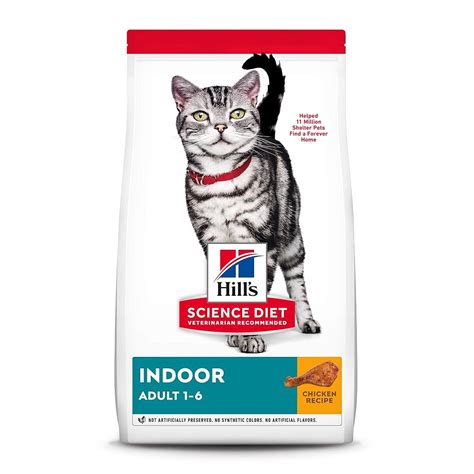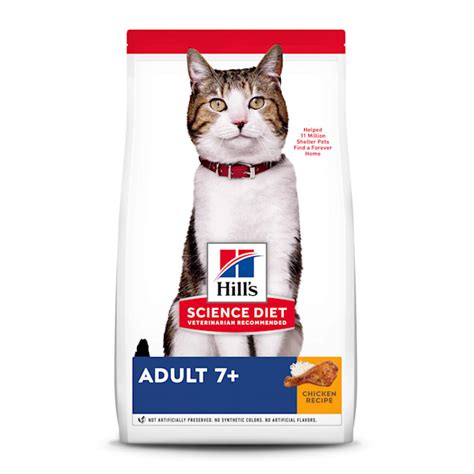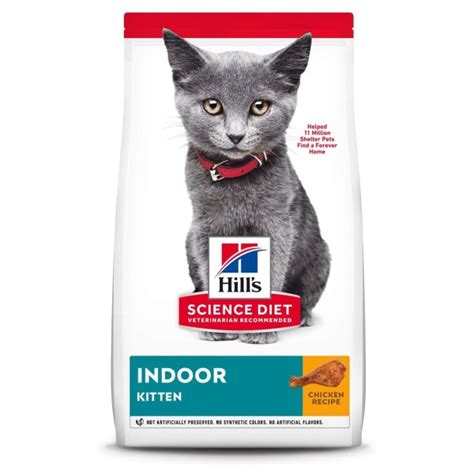Finding the right care for your reptile is essential to ensure their health and well-being. Reptiles have unique needs that require the expertise of a specialized vet who understands their specific biology and behavior. Whether you have a snake, lizard, or turtle, locating a qualified reptile vet near you is crucial for providing the best possible care. In this guide, we’ll explore why it’s important to seek out a vet with reptile experience, how to identify the best reptile vets in your area, and what services you can expect during your visit. Additionally, we’ll offer tips on how to prepare for your reptile’s appointment and the steps to take afterward to ensure ongoing health and happiness.
Join ugodj.com for an in-depth exploration of this topic.
1. Why It’s Crucial to Find a Specialized Reptile Vet
Reptiles are captivating creatures, but their care is vastly different from that of more familiar pets like dogs or cats. Unlike mammals, reptiles have unique physiological needs, such as specific temperature and humidity requirements, dietary habits, and potential health issues. Only an experienced reptile veterinarian can accurately diagnose and treat these issues. General veterinarians may lack the in-depth knowledge necessary to address these needs, making finding a specialized reptile vet essential.
Reptile veterinarians have specialized training and expertise, enabling them to detect subtle signs of illness that might be overlooked by others. They stay abreast of the latest advancements in reptile medicine and care, ensuring your pet receives the most current and effective treatments. Moreover, these specialists understand the unique needs of different reptile species, from snakes and lizards to turtles and tortoises, allowing them to provide tailored care. Choosing a specialized reptile veterinarian guarantees your scaly companion receives the best possible care, essential for their health, longevity, and overall well-being.

2. How to Identify Qualified Reptile Vets Near You
Finding a qualified reptile veterinarian near you demands thorough research and careful consideration. Begin by seeking recommendations from local reptile owners, breeders, or specialty pet stores that cater to reptiles. These sources frequently have firsthand experience with veterinarians who possess expertise in reptile care. Online reviews and forums specifically for reptile enthusiasts can also offer valuable information about the best local choices.
When searching for a veterinarian for your reptile, prioritize those who explicitly advertise reptile care services. Verify their credentials, including certifications or specialized training in exotic animal medicine. It’s crucial to visit the clinic beforehand to evaluate their facilities. A competent reptile veterinarian will possess the necessary equipment for diagnosing and treating reptiles, as well as a clean and reptile-friendly environment. Don’t be afraid to inquire about the vet’s experience with your specific reptile species and confirm they stay current with the latest advancements in reptile care. Locating the ideal veterinarian is vital for ensuring your pet receives the specialized care it requires.

3. What Services to Expect from Reptile Vets
Reptile vets offer a range of specialized services tailored to the unique needs of your scaly companion. One of the most crucial services is routine health check-ups, where the vet assesses your reptile’s overall health, including weight, skin condition, and behavior. These check-ups are essential for detecting potential issues early, such as nutritional deficiencies, parasites, or infections that might not be immediately visible to untrained eyes.
In addition to regular exams, reptile vets are skilled in diagnosing and treating species-specific illnesses. They use specialized diagnostic tools like X-rays, ultrasounds, and blood tests to identify internal problems that might affect your reptile’s health. Nutritional counseling is another vital service, as reptiles often require specific diets to thrive. A reptile vet can guide you on proper feeding practices tailored to your pet’s species, age, and health status.
Surgery and emergency care are also part of a reptile vet’s offerings. Whether it’s treating injuries, performing surgeries like egg-binding removal, or addressing life-threatening conditions, a specialized vet is equipped to handle these situations with the necessary expertise. Finally, they provide advice on habitat setup and environmental conditions, ensuring your reptile’s living environment supports their health and well-being.

4. How to Prepare for Your Reptile’s Vet Visit
To ensure a smooth and stress-free vet visit for both you and your reptile, there are several important steps to take in preparation. Begin by gathering crucial information about your reptile’s health history, including past vet records, dietary habits, and any recent changes in behavior or appearance. This information will enable the veterinarian to make a more accurate assessment of your pet’s health.
To safely transport your reptile to the vet, choose a secure carrier that’s appropriately sized and ventilated for its species. Line the carrier with soft materials like towels or paper towels for cushioning and waste absorption. If your reptile needs specific temperatures, incorporate heat packs or insulation to maintain its comfort during the journey.
To minimize stress for your reptile before their veterinary visit, handle them gently and avoid disrupting their routine. Prepare a list of any questions or concerns you have to discuss with the veterinarian. It’s also beneficial to bring a small sample of your reptile’s regular diet and any supplements they receive, as the veterinarian may want to evaluate their nutritional intake.
To minimize stress and optimize your reptile’s vet visit, arrive at the clinic a little early. This gives your reptile time to adjust to the new surroundings before the appointment begins.
5. What to Do After the Vet Visit
After your reptile’s vet visit, it’s important to follow the vet’s instructions carefully to ensure your pet’s recovery and ongoing health. Start by reviewing any notes or recommendations provided by the vet, including medication schedules, dietary changes, or adjustments to your reptile’s habitat. Administer any prescribed medications as directed, and monitor your reptile for any side effects or changes in behavior.
If the vet suggested specific environmental modifications, such as altering temperature or humidity levels, implement these changes gradually to avoid stressing your reptile. Keep a close eye on your pet’s condition in the days following the visit, noting any improvements or concerns that arise.
Regular follow-ups may be necessary, especially if your reptile is undergoing treatment for a specific condition. Be sure to schedule any recommended follow-up appointments and maintain communication with the vet regarding your reptile’s progress.
Lastly, continue providing your reptile with a stable, comfortable environment and a balanced diet, adhering to any adjustments recommended by the vet. This ongoing care is key to maintaining your reptile’s health and well-being after the vet visit.
Caring for reptiles requires specialized veterinary attention to ensure their health and longevity. By finding a qualified reptile vet, preparing for visits, and following post-visit care instructions, you can provide your scaly friend with the best possible care. Regular check-ups and proper care tailored to your reptile’s unique needs are essential in keeping them healthy and thriving for years to come.
ugodj.com

